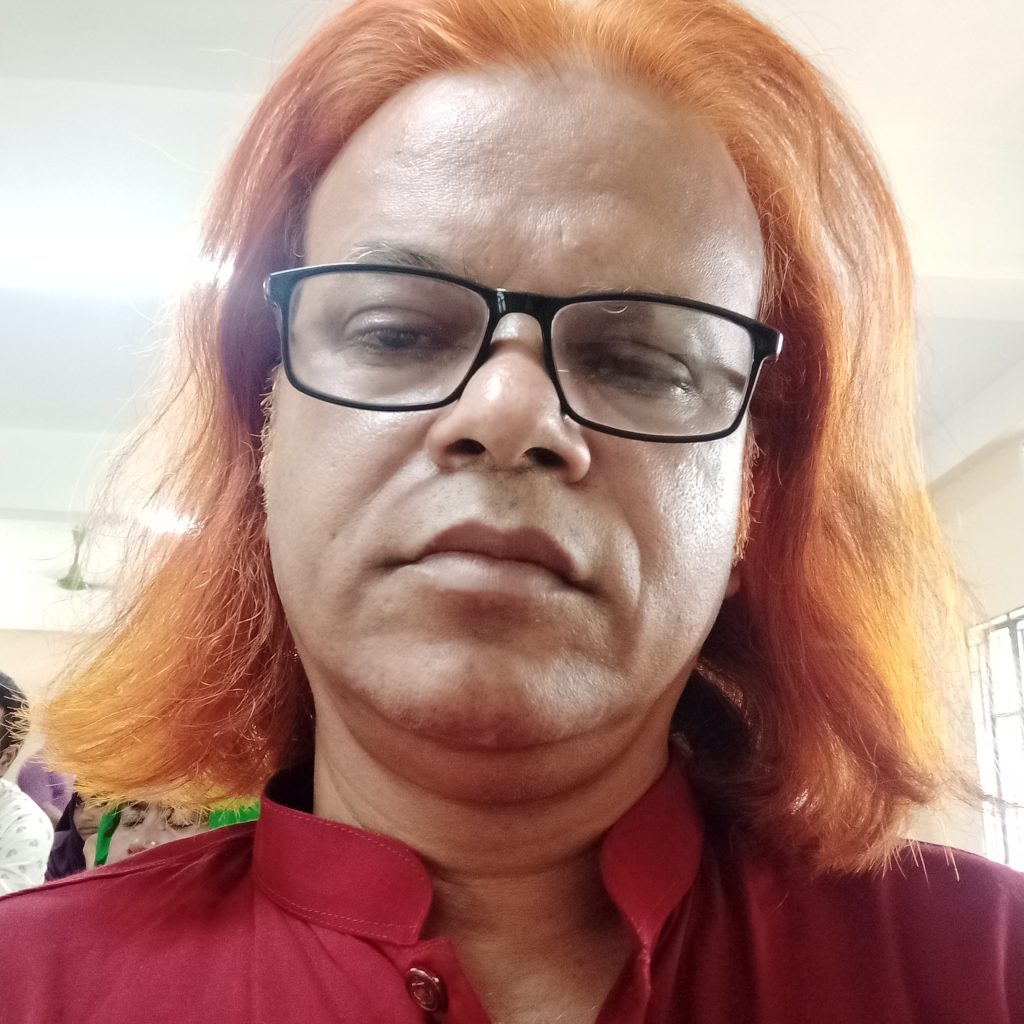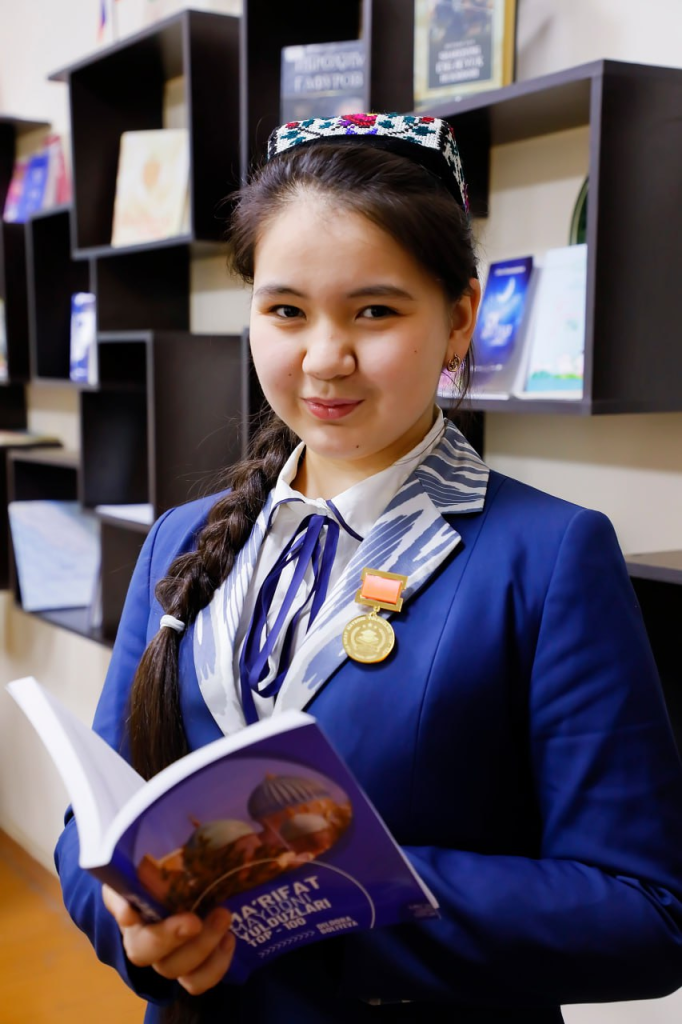Kidney structure and function
Salokhiddinova Mohichehra O’rol girl
STUDENT OF TASHKENT STATE INSTITUTE OF DENTISTRY
Abstract: In this article, the general appearance, anatomy, location, structure of the kidney, parts of the kidney, blood supply, kidney problems, causes and symptoms are presented in this article.
Key words: Kidney, urinary bladder, tube, corpuscles, extremity, pyramids, renal veins.
Kidneys are very important organs in the body. About a third of all blood from the heart goes to the kidneys for filtering before being pumped to the body’s cells and tissues. When the kidneys fail (kidney failure), it can lead to various complications, such as: swelling or edema of the extremities, pulmonary edema or fluid in the lungs, hyperkalemia or increased potassium, blood, anemia, heart disease and pericarditis, etc.
Kidney anatomy
Location:
The kidneys are located on both sides of the spine, in the retroperitoneal space. Since the liver is located on the right side of the abdomen, above the right kidney, the left kidney is slightly higher than the right.
Structure:
Each of the two bean-shaped organs weighs 125-175 grams and 115-155 grams in males and females, respectively. A kidney is usually about 11-14 centimeters long, 6 centimeters wide, and about 4 centimeters thick.
Kidneys are protected by fat, muscles and ribs of the back. Perienteric fat, also called the renal fat pad, protects the kidneys from external influences or injury. The kidney has a medial cavity called the xylum, which is the entry and exit point for structures that supply or drain the kidney, such as the kidneys, ureters, vessels, and lymphatics.
Types and problems of kidney diseases
Chronic kidney disease – This is the most common type of kidney disease. When the kidneys stop working for 3 months or more, it is called chronic kidney disease. This is usually caused by high blood pressure in the body. It is very important to maintain the level of blood pressure in the body, because increased blood pressure damages the glomeruli in the kidneys, which leads to kidney failure. The small blood vessels that clean the blood in the kidneys are called glomeruli. Chronic kidney disease can also be caused by diabetes. High sugar levels seriously damage the blood vessels in the kidneys. After the diagnosis of the disease, the patient is recommended to undergo dialysis. Dialysis is a process that helps remove extra waste and fluids from the blood. This process helps the kidneys work better, but cannot cure the disease.
Kidney diseases do not show any symptoms in the early stages, and they appear only in the last stages. Some of the more common symptoms of kidney disease include:
Pressure and pain in the chest.
Bad sleep
Difficulty breathing
Dry and darkened skin
Frequent urination at night
Swelling around the eyes
Loss of appetite
Swelling of ankles and feet
Muscle cramps
Insufficient sleep
Fatigue
Poor concentration
References:
1. Cardiac anatomy/Robert H. Anderson and Anton E. Becker
2. Atlas of human anatomy/Frank H. Netter
3. https://www.ncbi.nlm.nih.gov/books/NBK470256/
4. Human anatomy/F.N. Bahadirov/”National encyclopedia of Uzbekistan” State Scientific Publishing House/Tashkent-2005
5. Anatomy/A.Ahmedov/T.Sagatov/O’.Mirsharapov/Ijod Print Publishing House/Tashkent-2018



